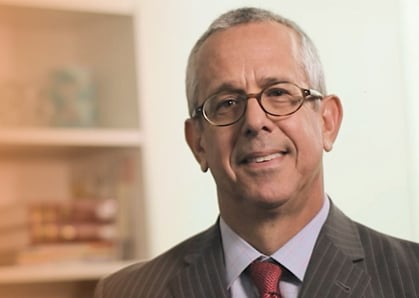Developers Seek Alternative Water Sources
- Q&A with Howard Nelson, Partner, Environmental Practice Group Chair
MIAMI—Ground water is all but disappearing in Florida, with reclaimed water becoming the norm for new development and construction. What’s being done about it?
Earlier this morning, we offered up thoughts from Howard Nelson, environmental attorney with Florida-based Bilzin Sumberg, on the challenge to developers. In part one of this exclusive interview, we asked Nelson to give us insights into alternative water sources that can help developers overcome these challenges as Florida enters its next construction cycle.
GlobeSt.com: Are there any examples of new developments in Florida using alternative water sources?
Nelson: Yes, the entire growth area of west Delray Beach is a good example of where new developments are being required to use alternative water systems. For example, GL Homes, one of Florida's largest homebuilders, is employing reuse water for all of its irrigation needs. Melbourne has used desalinization as a significant portion of its water supply system for many years.
GlobeSt.com: How are these systems being funded?
Nelson: Historically, these types of systems have been funded through the issuance of municipal or industrial bonds. Melbourne used municipal bonds for the construction of its system. Palm Beach County decided, rather than using municipal bonds, to seek cooperation on construction of the system from the property owners and developers who would benefit most. Therefore, the west Delray Beach system is being largely funded through a cooperative agreement amongst Palm Beach County and several large developers.
GlobeSt.com: What more do you think needs to be done to get private and public entities working together in a way that is mutually beneficial?
Nelson: I think the state needs to foster more opportunity for cooperation between the development and agricultural communities and water supply agencies. The creation of a water supply network should operate in a manner similar to current electrical supply systems. The state's power grid provides a level of interconnection among varying sources and also requires the system to accept power created by any generator. A similar system, albeit on a smaller scale, could be used for potable and non-potable water.
This article is reprinted with permission from GlobeSt.com.
